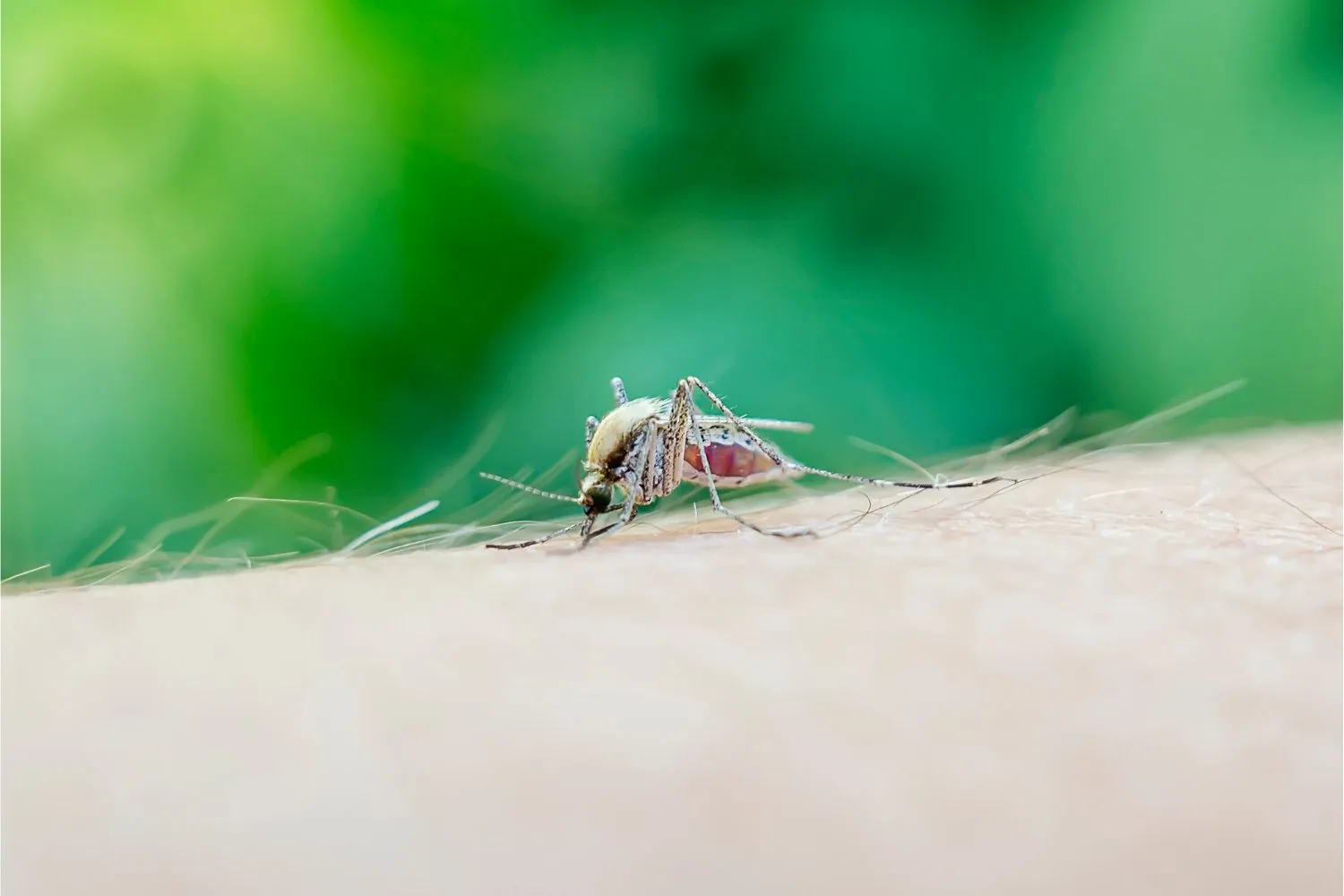Massachusetts Town's Evening Curfew: Responding to Climate Change and Infectious Diseases

Climate Change and Infectious Diseases
In response to growing concerns about climate change fostering a surge in infectious diseases, Oxford, Massachusetts, has taken decisive action. The town has implemented a voluntary evening curfew to curb the proliferation of mosquitoes, known carriers of the Eastern equine encephalitis (eee) virus. This public health measure arrives after a local resident's hospitalization related to the virus, illustrating the urgent need for community safeguards.
Effects of the Curfew
- Reduced mosquito activity during peak hours.
- The town’s attempts to mitigate health risks posed by warmer temperatures.
- Proactive community engagement and response.
Future Implications
As climate change continues to reshape our environment, towns like Oxford are forced to adapt their public health strategies. Infectious diseases linked to warmer climates may necessitate more frequent measures like curfews, raising questions about how communities will protect themselves moving forward.
This article was prepared using information from open sources in accordance with the principles of Ethical Policy. The editorial team is not responsible for absolute accuracy, as it relies on data from the sources referenced.